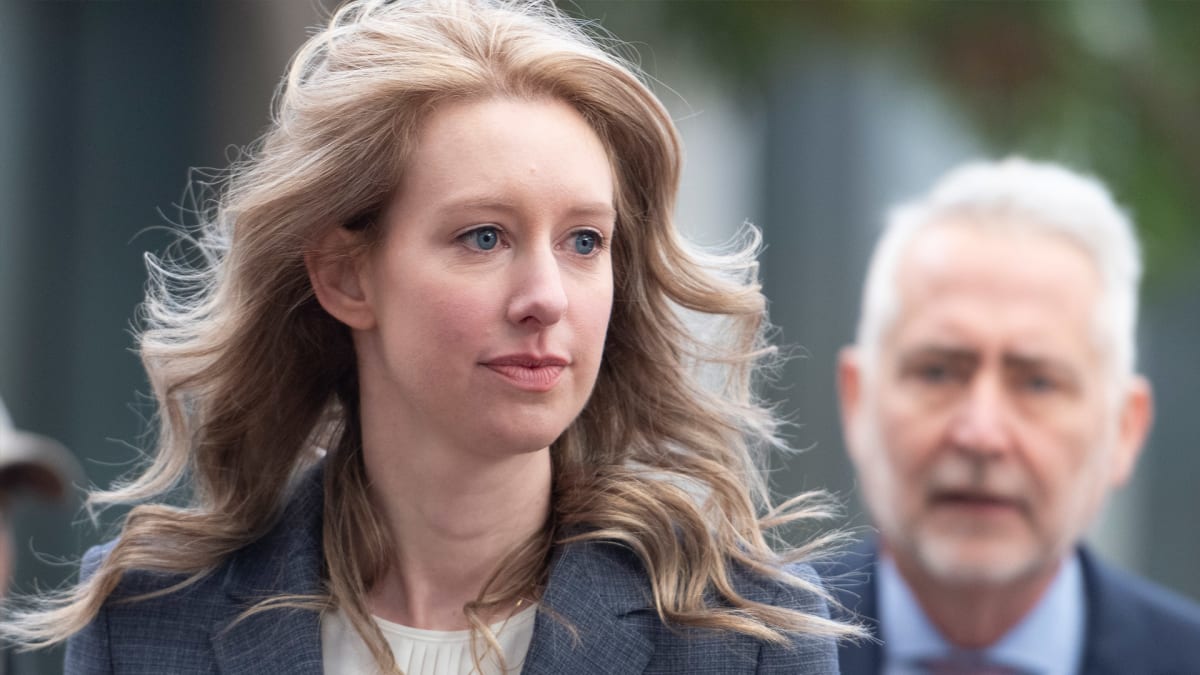
Failed startup founder Elizabeth Holmes received a sentence of over 11 years for the fraud she perpetrated when she duped investors about the effectiveness of a blood testing company.
Holmes was sentenced on Nov. 18 by Judge Edward J. Davila of the U.S. District Court for the Northern District of California to 135 months in prison, plus three years of supervised release.
The former entrepreneur, who had raised $945 million for Theranos, has to surrender by April 27, 2023.
She plans to appeal.
She was convicted in January after swindling investors for several years, claiming that the company could detect various diseases from only a few drops of blood. Holmes was found guilty of four of 11 charges of wire fraud and conspiracy.
Holmes read a statement to the judge and cried when she said: “I am devastated by my failings. I have felt deep pain for what people went through because I failed them.”
Her parents and her partner Billy Evans were present at the sentencing.
Holmes extended her apology beyond the patients who were misdiagnosed, including her former employees and investors. She claimed the fraud occurred because she sought to achieve her goal too soon. Theranos was founded in 2003.
No Questions From Investors
In 2016, the Centers for Medicare and Medicaid Services banned Holmes from owning a blood-testing company for two years and drug store giant Walgreens (WBA) ended its partnership by closing its blood-collecting centers.
The 38-year old had sought a very lenient sentence of 18 months of house arrest while prosecutors asked for a longer prison sentence of 15 years, plus $804 million restitution for 29 investors. Under federal sentencing guidelines, Holmes could have received a maximum of 20 years in prison because of the size of wire fraud from her conviction. The probation officer assigned to the case recommended nine years
In January, Holmes did not react as the verdict was read, according to media covering the case.
A jury found her guilty after seven days of deliberations. She was found guilty on one count of conspiracy to commit wire fraud against Theranos investors and three counts of wire fraud against an investor. She was acquitted on four other charges - the jury found her not guilty on one count of conspiracy to commit wire fraud against Theranos patients and three counts of wire fraud against a patient. There was no verdict on the remaining three counts.
Holmes rose to prominence during an era where investors clamored to get into tech deals that promised outsized returns, avoiding the lack of independent confirmation in the biotech industry.
Sunny Balwani, the former business partner of Holmes and partner, was also found guilty in the case.
Ramesh "Sunny" Bałwani, who had served as president and COO at Theranos, was convicted by a federal jury in July of all 12 counts of fraud - 10 counts of wire fraud and two counts of conspiracy to commit wire fraud.
He faces a sentence of up to 20 years in prison, as well as a potential fine of up to $250,000 and requirements to make restitution to investors.







